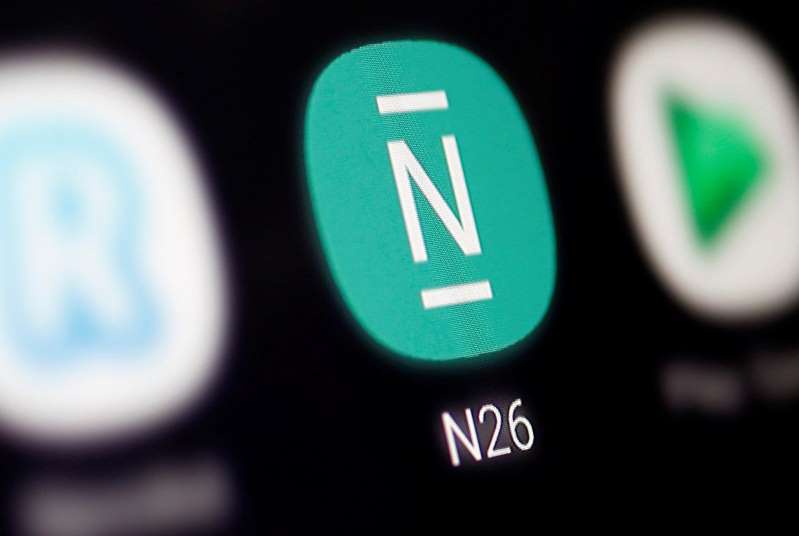Startup founded and hyped by Viennese remains deep in the red

The smartphone bank N26, founded by Wienern and based in Berlin, increased the number of customers in 25 countries from 5 to 7 million in the Corona year 2020. “The loss of N26 in Europe fell by a third to EUR 110 million in 2020,” said N26 manager Georg Hauer, who is responsible for Germany, Austria, Switzerland and Northern Europe, in an interview with APA. At the customer level one is profitable, a lot of money flows into product development, marketing and expansion. According to Bloomberg, the loss has totaled 275 million euros in two years.
N26 was founded in 2013 by the two Viennese Valentin Stalf and Maximilian Tayenthal and has been active in Germany and Austria since 2015. N26 has so far collected around 800 million dollars (659 million euros) from its investors and is considered the most valuable German start-up. The German insurance group Allianz, the state fund GIC from Singapore, the Chinese internet giant Tencent, the German venture capitalist Earlybird and the German-American investor Peter Thiel are among others involved in N26.
At the online direct bank, around 30 to 40 percent of sales come from the transaction business. When an N26 customer pays with the card, the bank receives a small fee from the merchant. It's free for the customer. 30 to 40 percent of the income comes from the business with premium accounts. The rest is essentially attributable to the loan and interest business as well as partnerships. The gross turnover of N26 in 2019 amounted to almost 100 million euros. Further figures on sales and overall results for 2020 are to be announced after the deal has been concluded.
N26 caused a stir in the media last autumn with the introduction of penalty interest rates on current accounts. The custody fee of minus 0.5 percent for deposits of over 50,000 euros does not affect existing customers and premium “metal” accounts. “So far there has only been a small number of new customers for whom we will offer a separate free savings account,” said N26 manager Hauer.
In the summer there was excitement at N26 about the establishment of a works council. The management had initially reacted skeptically to the works council plans, but then gave in. The works council in Germany and the international employee committee were elected at the end of last year. “Cooperation with employee representatives is extremely important in order to continue to be one of the most attractive tech employers in Europe,” said Hauer.
Something could also change at the regulatory level: According to financial circles, the German financial supervisory authority BaFin wants to classify N26 as a financial holding and supervise it completely. The smartphone bank is currently active in Europe and the USA and is preparing for a market launch in Brazil. “A classification as a financial holding would not have any major effects for N26. It will not change anything for our customers or for our business model,” said N26 manager Hauer. “We have been in an exchange with the regulator for a long time, but we generally do not comment on these discussions.”
The online direct bank currently employs around 1,500 people and a further 400 external employees in customer support. This year, another 200 employees in the product and tech area are to be added. In autumn 2019, N26 opened a technology and innovation location in Vienna. In the next six months, the number of N26 employees at the Vienna location is expected to increase from 30 to 50.

